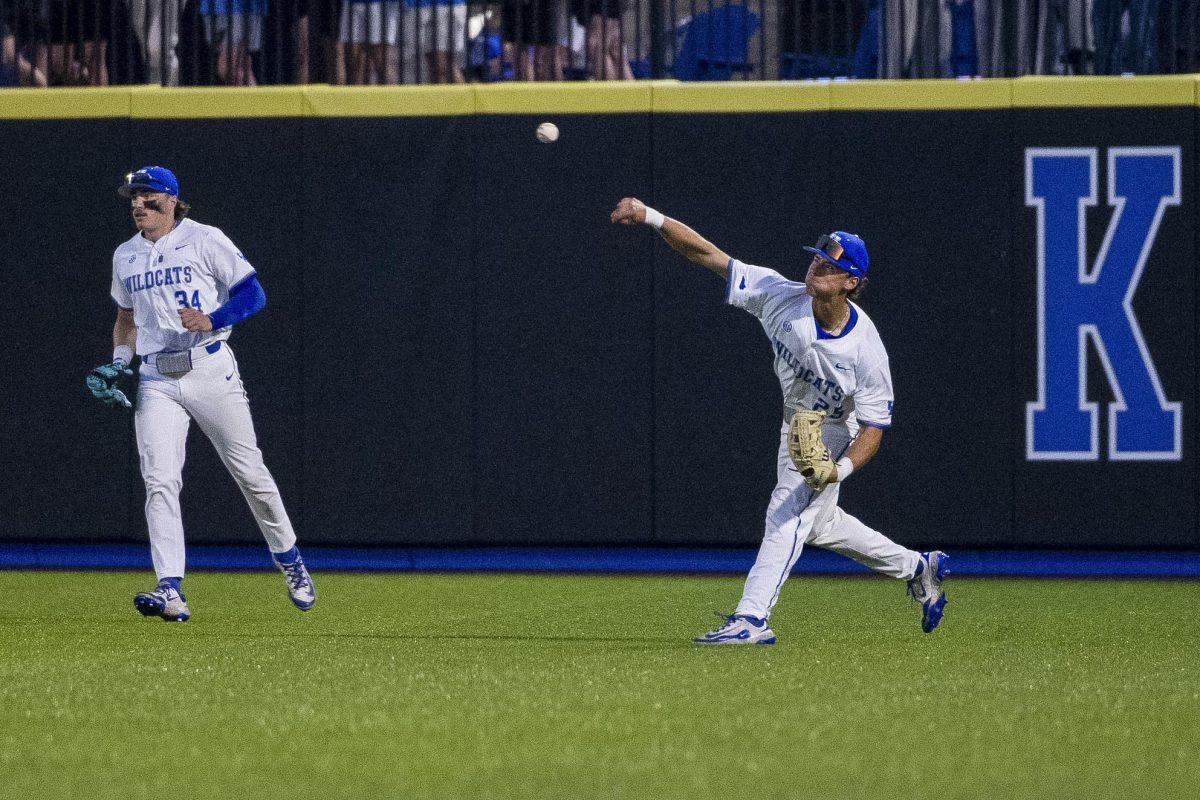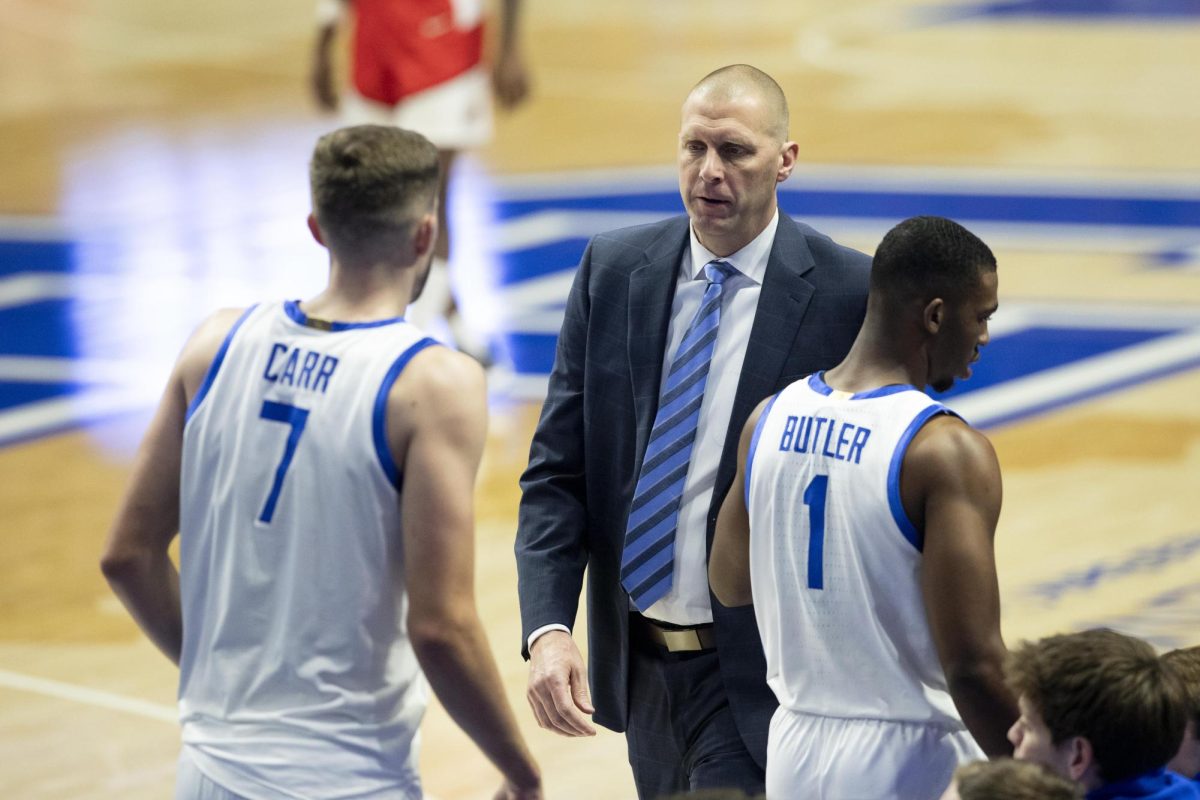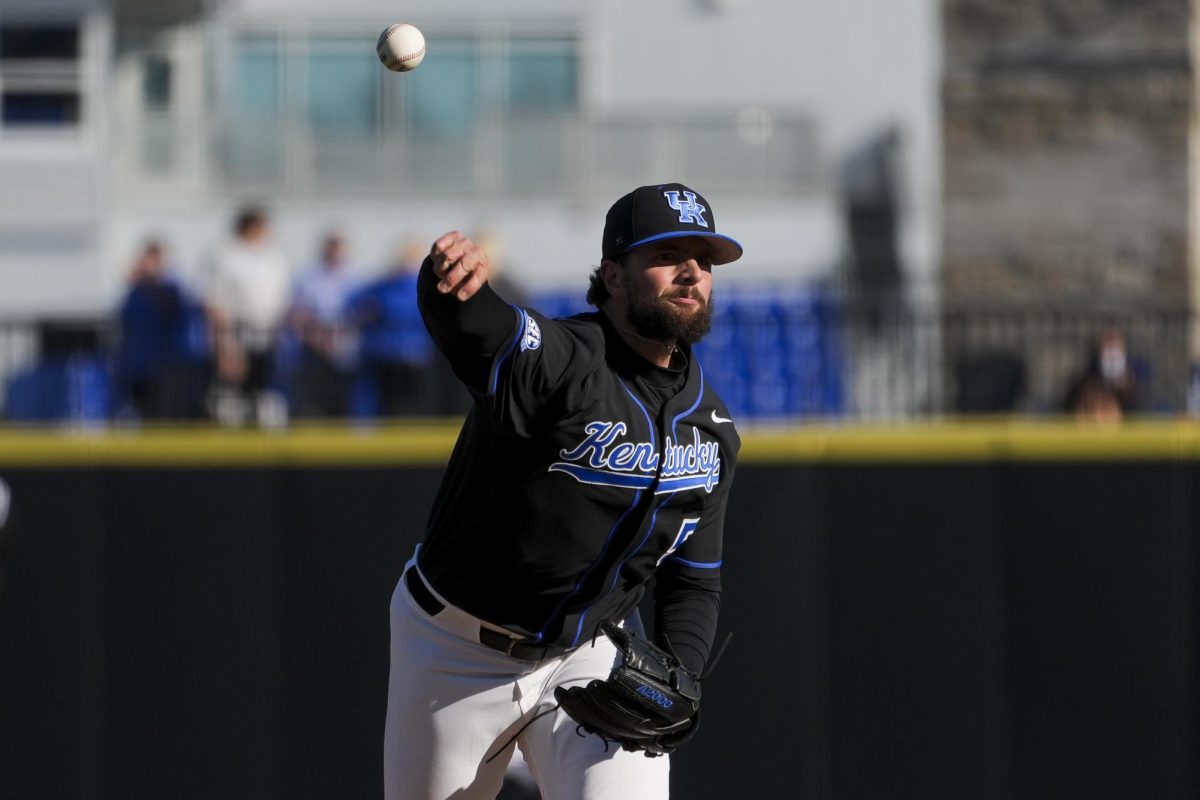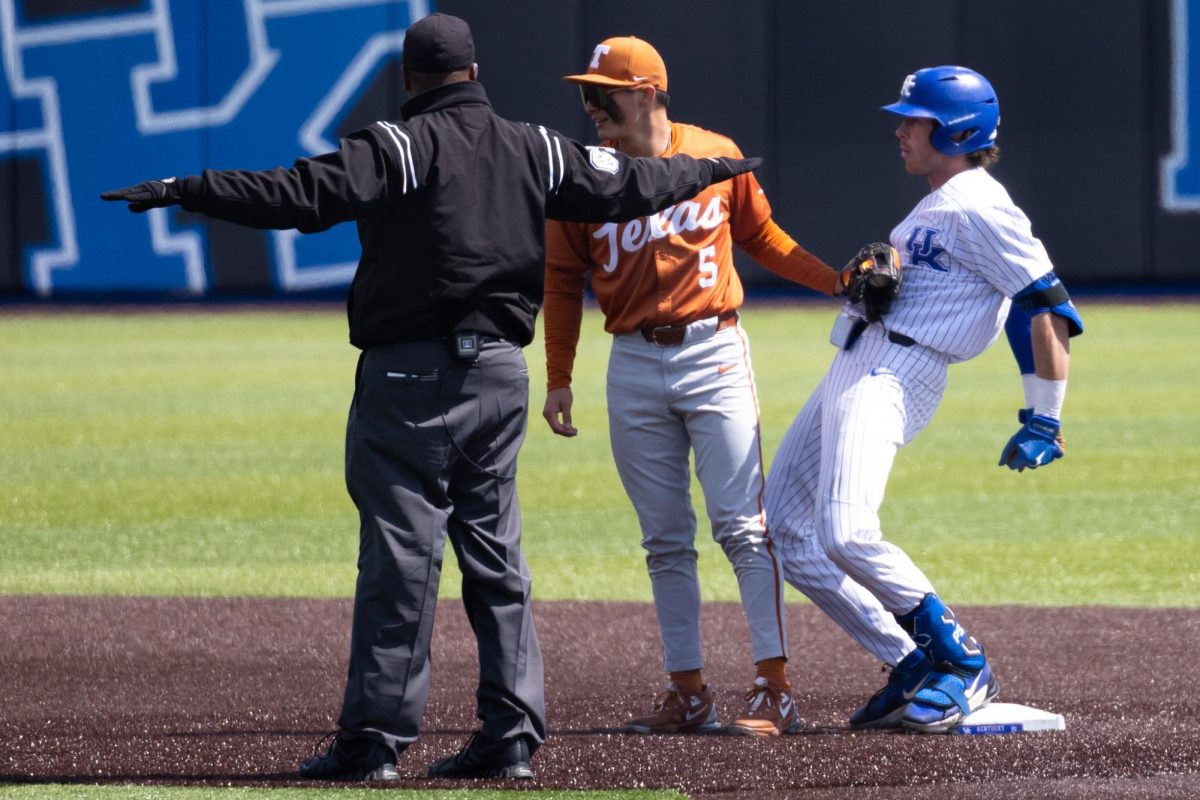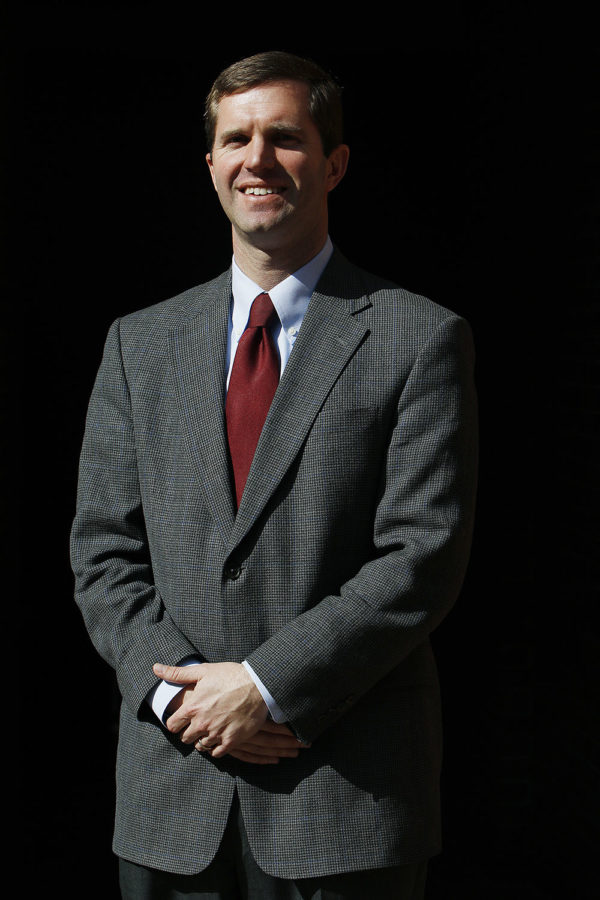Kentucky laws too tolerant of child sex abuse
October 9, 2016
One of these things is not like the others: shoplifting, trespassing and possessing child pornography.
No one ever becomes nauseous at the thought of someone taking merchandise from a retailer, and finding an individual squatting on private property doesn’t necessarily warrant revulsion, but society finds child pornography to be despicable. Why is it then that we’ve also decided that partaking in this most deplorable abuse of children and many more mild crimes share the same level of legal permissibility?
There’s been a drastic increase in the amount of child pornography arrests in Kentucky recently, which has been a direct result of Kentucky Attorney General Andy Beshear’s Cyber Crimes Unit. If the frequency and number of arrests made become a trend, Beshear’s team is on track to triple the amount of arrests made from previous years. Since the program began in January, over 40 sexual predators have been arrested and charged.
On Oct. 3 a copious amount of child pornography arrests were made across the state as part of a ten-day operation. Between ten individuals there were over 400 charges of possession and distribution. At least one of the culprits was a repeat offender. The most reasonable assumption would be that the repeat offender had escaped from prison and lived in secrecy until the time of his arrest. In reality, the state of Kentucky just classifies child pornography as a class D felony, which has a maximum sentence of five years.
For perspective, some other examples of class D felonies include selling marijuana near a school, criminal trespassing and shoplifting. In essence, our laws are insinuating that it is equally as permissible to sell marijuana near children as it is to possess material that depicts their sexual exploitation.
Related: Kentucky governor lacks morals in text to Attorney General
Noble as Kentucky’s endeavors are, it’s questionable just how much good it does to arrest and charge perpetrators when child pornography is treated so casually that it and shoplifting are seen as equal under state law.
Disregarding whatever influenced the initial sentencing law, it’s inconceivable that the issue has not been revisited. The fact is, no one wants to discuss child pornography, legally or socially, because the concept of sexual exploitation of children is so unsettling.
As individuals, it’s a natural decision to avoid addressing concepts that make us uneasy. The truth is, it’s imperative that we talk about the nature of child pornography and its implications no matter how uncomfortable it may be. If that seems like too much, maybe we should think about the explanation we owe to the child victims when their worst nightmare slithers right through our justice system.
Email opinions@kykernel.com.




































